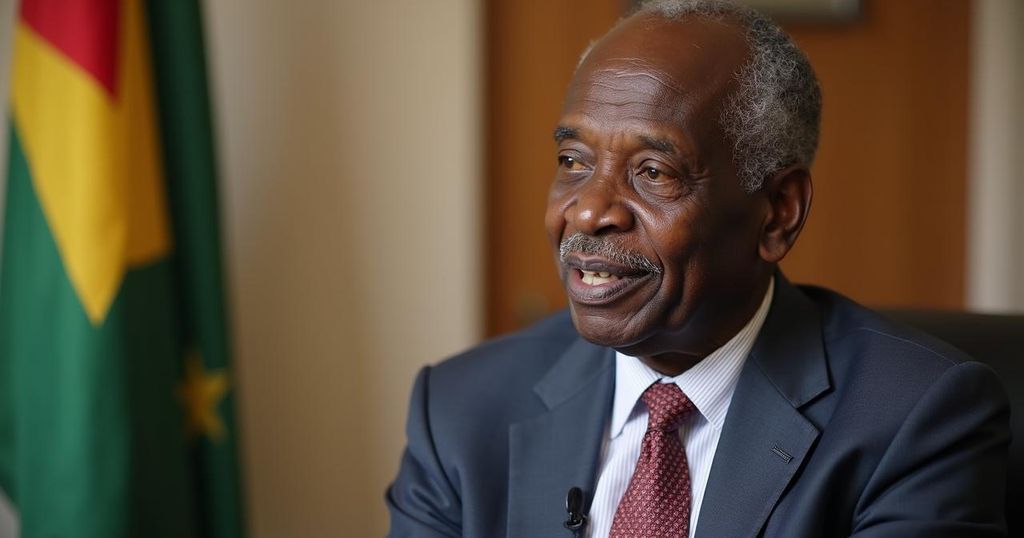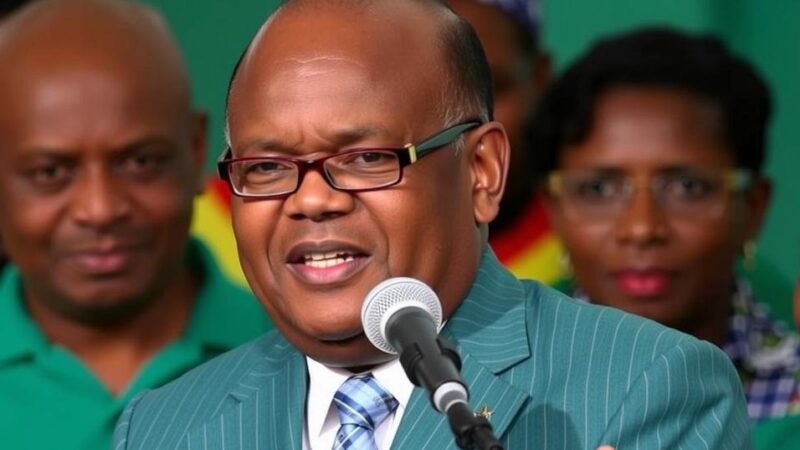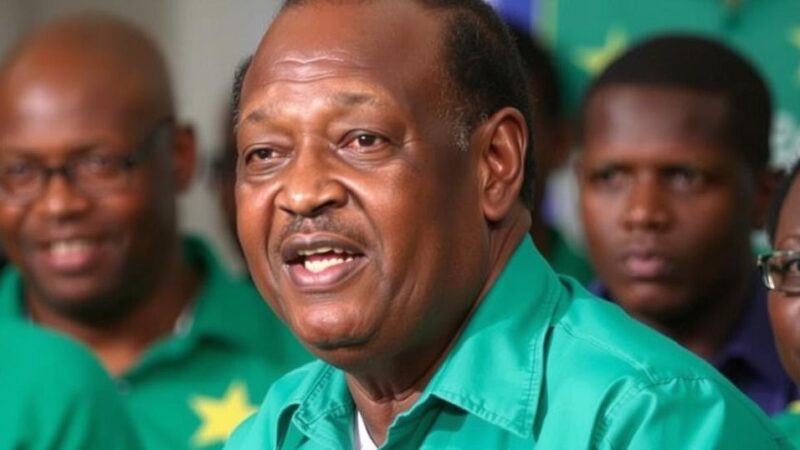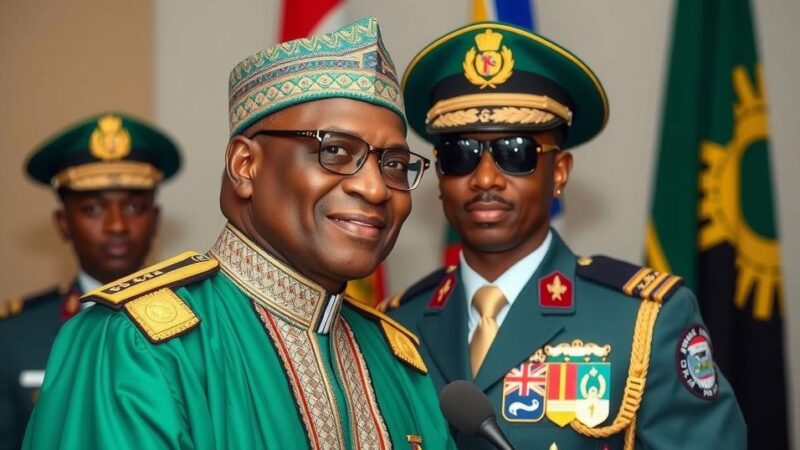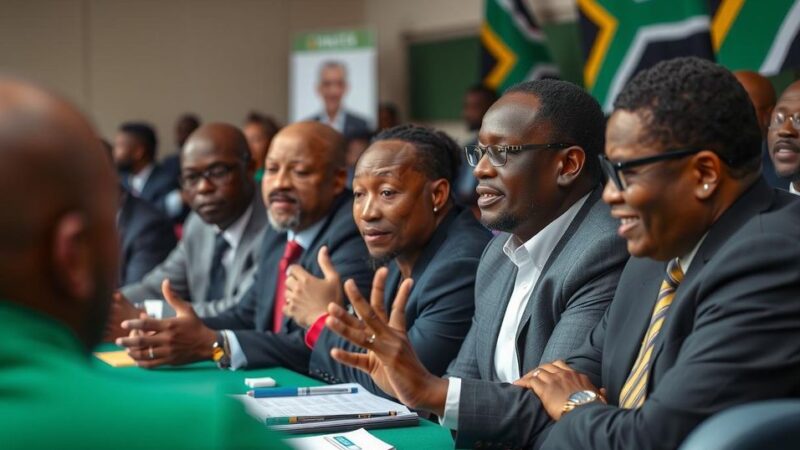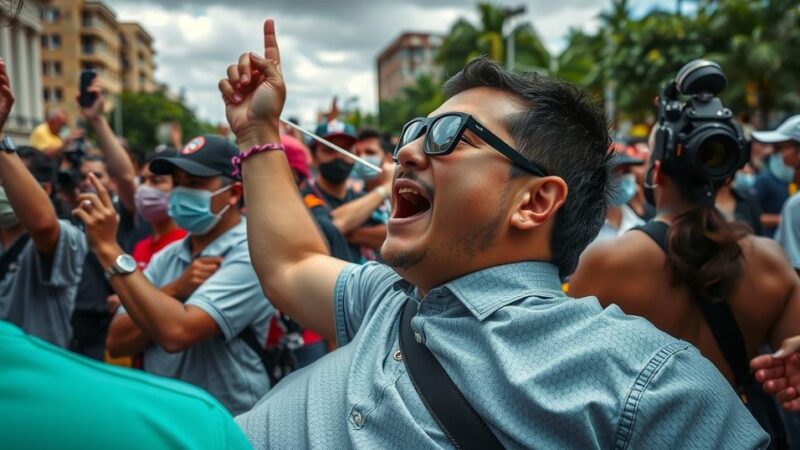Professor Jok Madut Jok, in an interview with Radio Tamazuj, criticized President Salva Kiir’s government for misleading the public regarding elections, which have now been postponed. Jok pointed out that the government has failed to meet necessary preconditions for elections and is using this delay to distract from critical issues like hunger and financial instability. He expressed skepticism about the implementation of the 2018 peace agreement and the effectiveness of the Tumaini Initiative in addressing governance failures in South Sudan.
In an exclusive discussion with Radio Tamazuj, Professor Jok Madut Jok, an esteemed academic and former government official in South Sudan, articulated his skepticism regarding the recent postponement of elections and the extension of the transitional period proposed by President Salva Kiir. Professor Jok asserts that the promise of elections has been a deceptive tactic utilized by the South Sudanese government to divert the public’s attention from pressing issues such as widespread hunger, displacement, and the ongoing financial crisis affecting the state. He elucidated that the government’s insistence on conducting elections, despite obvious shortcomings such as the absence of a census, constitutional framework, security measures, and the necessary financial and international support, led the populace to anticipate the eventual postponement. Professor Jok remarked, “We knew all along that the election was not going to happen but we wonder why the government was keeping this mantra. They were lying to the people of South Sudan… to deflect attention away from the major issues that the country was facing.” When questioned about the government’s seriousness regarding the implementation of the 2018 peace agreement, Professor Jok expressed profound doubt, observing that repeated extensions of transitional periods have been used primarily as a strategy for the government to maintain power rather than to enact meaningful reform. Moreover, he remarked on the lack of viable options to address the issues plaguing the nation, attributing the interferences to a weakened civil society and insufficient international pressure. The professor also voiced skepticism regarding the ongoing Tumaini Initiative mediated by Kenya, suggesting that it may serve as a mechanism for the government to establish additional power-sharing arrangements rather than addressing the foundational governance issues in the country. He emphasized the necessity for a comprehensive approach to rebuilding South Sudan’s institutional framework, constitution, and governance systems that truly addresses the root causes of persistent conflict and hardship within the nation.
South Sudan has faced substantial political instability and humanitarian crises since its independence in 2011. The transitional government, led by President Salva Kiir, has been under scrutiny for its failure to conduct elections as stipulated in the revitalized peace agreement of 2018. This delay in elections has led to widespread speculation about the intentions of the government, which some believe is using electoral promises to mask ongoing failures in governance and public service delivery. The Tumaini Initiative, aimed at fostering dialogue between disparate political factions, has also raised concerns about its potential effectiveness in resolving the endemic challenges faced by the nation.
In summary, Professor Jok Madut Jok’s insights reveal a pervasive skepticism surrounding the South Sudanese government’s commitment to genuine democratic processes and institutional reform. The cyclical nature of postponed elections and government extensions underscores deep-rooted issues within the political fabric of South Sudan. Without a concerted effort to address fundamental governance problems and enhance societal pressures for change, the prospects for meaningful progress remain bleak. The sustainability of peace and democracy in South Sudan is contingent upon both effective leadership and the active participation of its citizens.
Original Source: www.radiotamazuj.org

